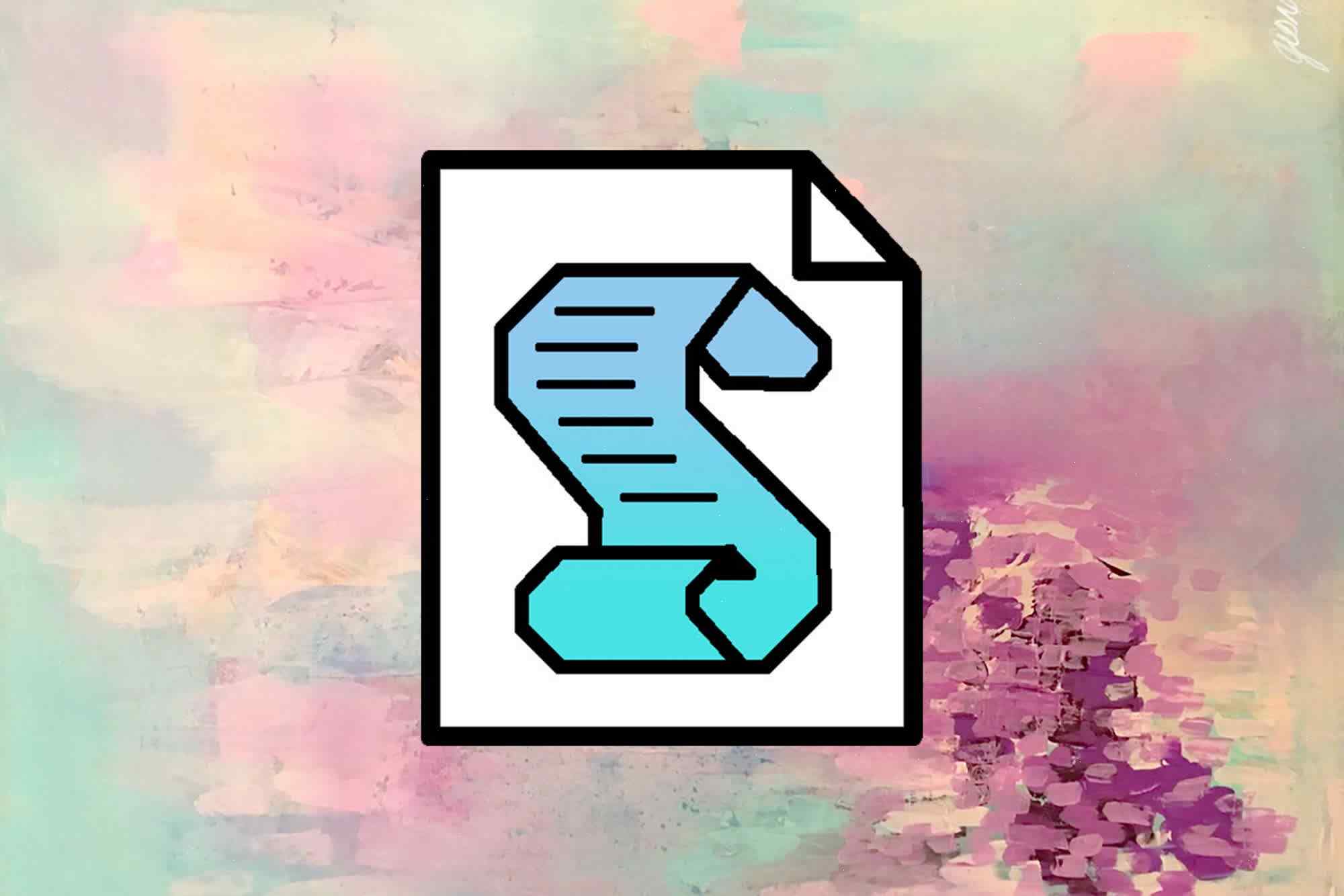In a move that may come as a surprise to some users, Microsoft has announced plans to phase out support for Visual Basic Scripting (VBScript) in future releases of Windows. The company claims that this decision is part of their efforts to enhance security and improve performance across their operating systems. But what does this mean for users who rely on VBScript for various tasks? In this article, we will explore the implications of this change and discuss alternative solutions.
First introduced in 1996, VBScript quickly gained popularity among developers and power users due to its ease of use and versatility. With VBScript, users could automate repetitive tasks, create custom scripts, and interact with system components using a simple programming language. Over time, however, Microsoft began to focus more on other scripting technologies like PowerShell, which offer enhanced functionality and better integration with modern software frameworks.
The announcement to discontinue VBScript support comes as no surprise, given the increasing number of reports highlighting vulnerabilities in the technology. Security experts have long criticized VBScript for its susceptibility to attacks, including malicious scripts and injection exploits. By removing VBScript from their products, Microsoft aims to reduce the attack surface and protect users from potential threats.
So, what options do users have now? For those who heavily rely on VBScript, the transition may seem daunting, but fear not – there are suitable alternatives available. One such option is PowerShell, which has been around since 2006 and offers a more robust set of features. Not only does PowerShell provide improved security, but it also integrates seamlessly with other Microsoft tools and services, making it easier to automate tasks and manage systems. Additionally, third-party applications like AutoHotkey and Python can help fill the gap left by VBScript.
It is important to note that Microsoft will not suddenly drop support for VBScript. Instead, they plan to phase it out gradually, giving users ample time to adapt to new technologies. The company has already started deprecating VBScript in recent versions of Windows, and future updates will likely continue this trend.
In conclusion, while the end of VBScript may signal the end of an era, it also presents an opportunity for users to embrace newer, more secure technologies. As Microsoft continues to strengthen its product lineup, it is crucial for users to stay informed and adapt to changes that promote better security and efficiency. Whether you choose to switch to PowerShell, AutoHotkey, or another solution, remember that innovation often requires us to leave our comfort zones behind and explore new horizons.
(Word Count: 780)

